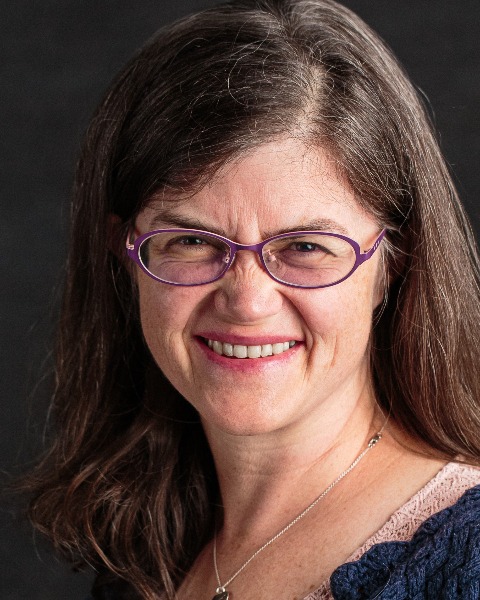Program Evaluation
Program: Section on Oral Health
P2.K209: Designing and Implementing a Medical-Dental Integration Training Program for Pediatric Dental and Dental Public Health Residents in Community Settings
Saturday, September 28, 2024
3:00 PM - 4:00 PM EDT
Location: Poster Hall: Hyatt Regency Orlando, Plaza International Ballroom
Background: Medical-dental integration (MDI) is seen as an essential part of oral health care expansion, especially for children. Many pediatric dental and dental public health residents will be called upon to run or facilitate MDI, but few have experience doing so.
Methods: With HRSA funding, an innovative training program for Pediatric Dental and Dental Public Health Residents was designed, with three pillars: Quality Improvement (QI), Teledentistry, and MDI. Initially three community sites (in urban and rural underresourced areas; in subsequent years, more were added) which were interested in increased MDI collaboration and promotion of these activities, were identified, along with medical and dental champions at the MDI sites. The teams spent one year planning interventions, staffing, logistics, and curricula. For the residents, there are formal curricula, and an expectation of a mentored project in at least one of the pillars; in addition, residents spend clinical or programmatic time at the sites and must share curriculum to enable collaboration, for colleagues and patient-facing materials. Regular meetings happen with each site, to review MDI, PDSA cycles and teamwork. The MDI program is lead by a pediatrician with experience in many MDI programs, and offers insight into interprofessional collaboration.
Results: Three class years have participated in this learning collaborative. The curriculum has adapted to accommodate student and clinic needs, and is regularly cited as an enjoyable and effective part of the program. The residents have presented almost 30 talks at the request of the community clinics, and have facilitated QI projects increasing referrals, documentation, and communication and decreasing missed opportunities, for pediatric and perinatal patients. The benefits and challenges of such a training program will be discussed, as well as outcomes for the program graduates .
Conclusion: It is feasible, helpful, and valued to train dental residents in an interprofessional and intraprofessional way. The benefits and challenges seen can be adapted to other training programs, with the multiple benefits of training residents in MDI, QI, working with community sites, and service provision to community health centers.
Methods: With HRSA funding, an innovative training program for Pediatric Dental and Dental Public Health Residents was designed, with three pillars: Quality Improvement (QI), Teledentistry, and MDI. Initially three community sites (in urban and rural underresourced areas; in subsequent years, more were added) which were interested in increased MDI collaboration and promotion of these activities, were identified, along with medical and dental champions at the MDI sites. The teams spent one year planning interventions, staffing, logistics, and curricula. For the residents, there are formal curricula, and an expectation of a mentored project in at least one of the pillars; in addition, residents spend clinical or programmatic time at the sites and must share curriculum to enable collaboration, for colleagues and patient-facing materials. Regular meetings happen with each site, to review MDI, PDSA cycles and teamwork. The MDI program is lead by a pediatrician with experience in many MDI programs, and offers insight into interprofessional collaboration.
Results: Three class years have participated in this learning collaborative. The curriculum has adapted to accommodate student and clinic needs, and is regularly cited as an enjoyable and effective part of the program. The residents have presented almost 30 talks at the request of the community clinics, and have facilitated QI projects increasing referrals, documentation, and communication and decreasing missed opportunities, for pediatric and perinatal patients. The benefits and challenges of such a training program will be discussed, as well as outcomes for the program graduates .
Conclusion: It is feasible, helpful, and valued to train dental residents in an interprofessional and intraprofessional way. The benefits and challenges seen can be adapted to other training programs, with the multiple benefits of training residents in MDI, QI, working with community sites, and service provision to community health centers.

Susan A. Fisher-Owens, MD, MPH, FAAP (she/her/hers)
Sciences
University of California San Francisco
San Francisco, California

